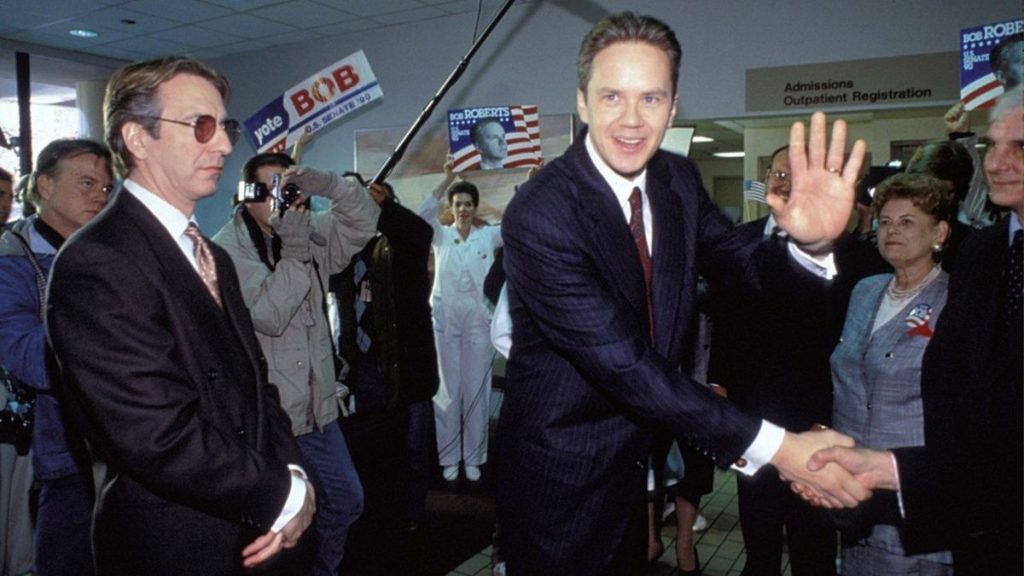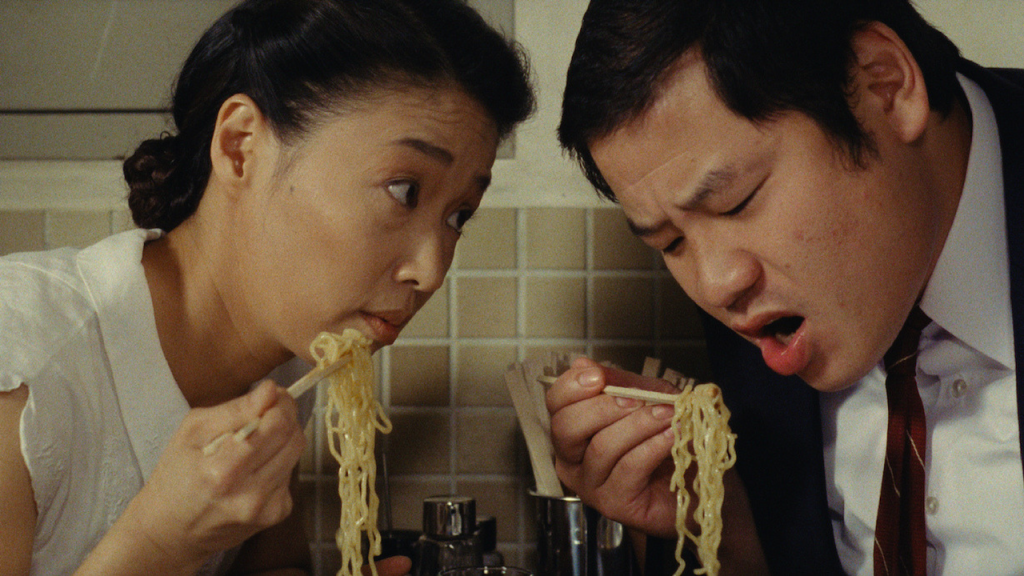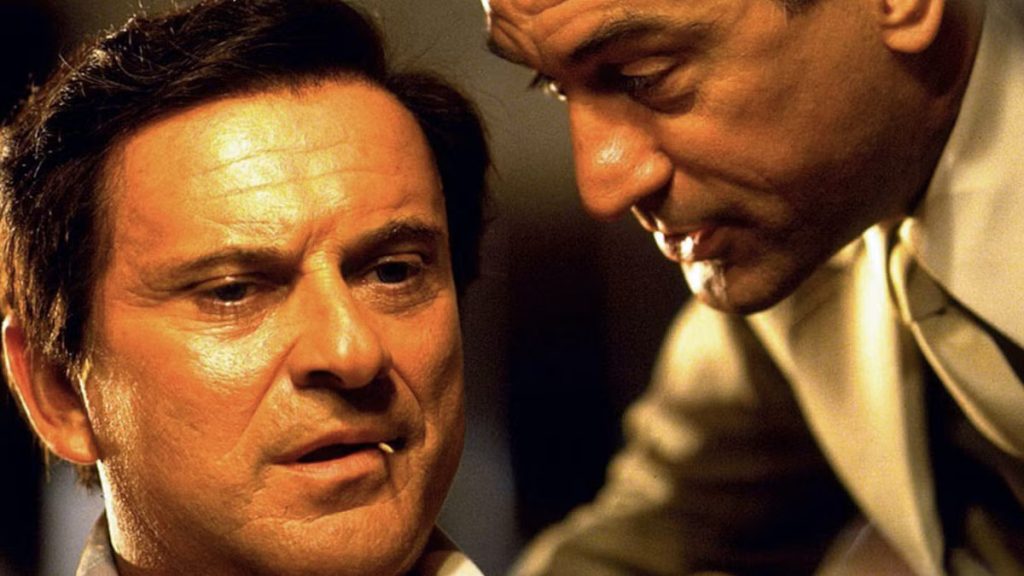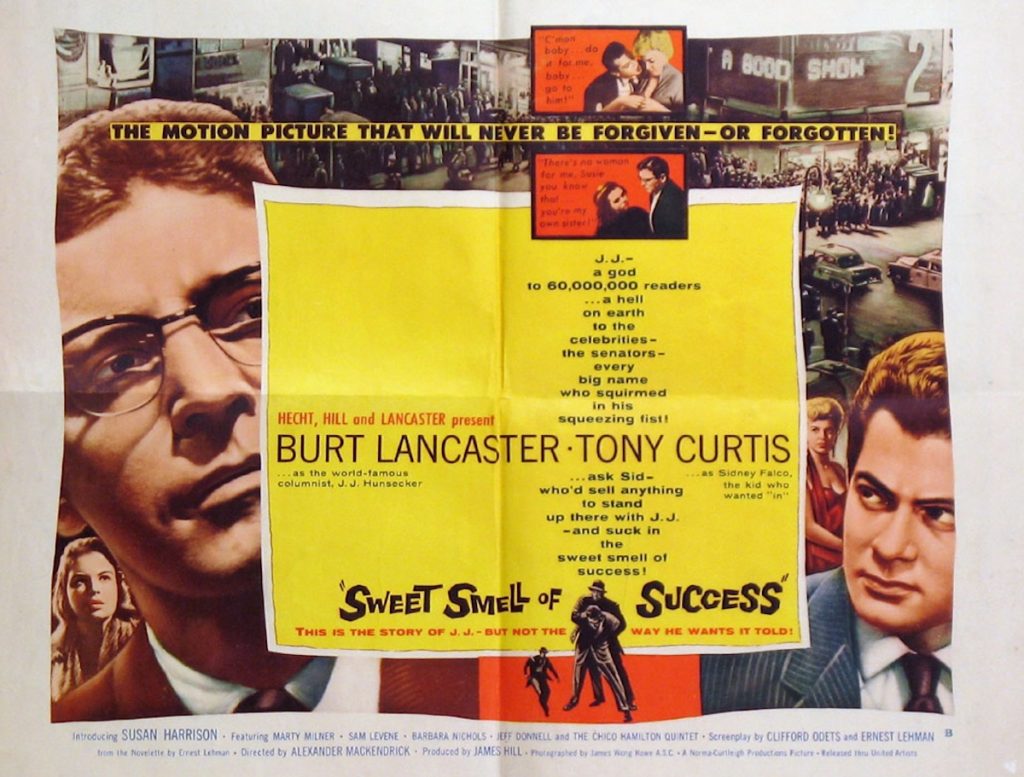Picture this scenario: It’s the midterms. There is a contentious Senate race in the state of Pennsylvania. On one side is a politician with years of public service behind him and an unabashed progressive agenda. On the other, a rabble-rousing media figure who espouses strong conservative values. One is even struck with a crippling medical condition a short time before voters go to the polls. This sounds like the contest between Democrat John Fetterman, the Keystone State’s lieutenant governor, and Republican Mehmet Oz, but it’s actually the fictional contest between incumbent Brickley Paiste (played with brio by Gore Vidal) and upstart Bob Roberts, who’s looking to upset the status quo.
When Bob Roberts was released in the fall of 1992, writer-director-star Tim Robbins likely hoped it would have an impact on that year’s presidential election, but he cannily set it two years earlier, on the eve of Operation Desert Shield, the build-up to which is perpetually on in the background. Robbins also uses the form of a documentary made by a British crew to comment on the state of American politics in the twilight of the Reagan/Bush era. The character of Bob Roberts had a more humble beginning, however, as the subject of a short film Robbins wrote and starred in for Saturday Night Live in 1986: a business suit-wearing folkie singing the likes of “Times Are Changing Back” and “This Land Was Made for Me.” (The next time Bob appeared on SNL was when Robbins hosted in October 1992, but “Bob Roberts Book Burning” took a back seat to Sinead O’Connor ripping up a photo of Pope John Paul II in the controversy-generating department.)
Building on the short, Robbins developed a feature around the character, changing him from a folk-singing businessman to a Wall Street wiz-turned-politico with his sights on Washington, D.C. What played like sharp satire when Bob Roberts went before the cameras in 1991 took on a strangely prescient cast, however, when another businessman-turned-entertainer announced his candidacy for the highest office in the land 25 years later.
Along with the running commentary by filmmaker Terry Manchester (Brian Murray), whose camera crew is periodically steered away from touchy subjects by Bob’s ever-smiling spin doctor Chet MacGregor (Ray Wise), Bob Roberts is also peppered with his musical performances, both live and on video. (“Wall Street Rap,” a parody of the clip for Bob Dylan’s “Subterranean Homesick Blues” from D.A. Pennebaker’s Dont Look Back, is particularly memorable.) More revealing, though, are his encounters with those willing to push back against him, starting with Lynne Thigpen’s straight-talking morning show host Kelly Noble, the first to be on the receiving end of Bob’s frequent lectures about journalistic objectivity. (He’s fine with people who take sides as long as it’s his side.) She’s soon joined by investigative journalist Bugs Raplin (Giancarlo Esposito), who is repeatedly denied access to Bob by his handlers. When Raplin gets wind of the candidate’s connection with a failed Savings and Loan, he confidently declares, “This is the smoking gun. He’s going down for this one.” If only things were that simple.

Among other things, Robbins nails the media’s complicity in propping up Bob’s candidacy by breathlessly reporting on his splashy campaign events while downplaying his opponent’s substantive policy work. Furthermore, they keep alive a spurious story about Paiste’s supposed impropriety with an underage campaign volunteer, which Paiste definitively refutes the first time it comes up. That a groundless insinuation keeps being repeated and eventually erodes Paiste’s lead in the polls should sound familiar to anyone who remembers a certain deathless story about a candidate’s emails.
The turning point comes, appropriately enough, at the film’s midpoint, when Bob is booked to be the musical guest on Cutting Edge Live the weekend before the election. Not only does this raise ethical questions the network glosses over, it also alienates the show’s guest host (John Cusack) and incenses a production assistant outraged by Bob changing one of his numbers from the apolitical “Don’t Smoke” (a carryover from the SNL short) to “Don’t Vote,” a blatant campaign ad. Her efforts to take him off the air are the inverse of Joan Cusack’s mad dash to get a re-edited piece from an editing suite to the control room in James L. Brooks’s Broadcast News, but where that film captured the moment in a series of lightning-quick cuts, Robbins and cinematographer Jean Lépine accomplish theirs in an unbroken take ranging all around the Cutting Edge Live studio.
What follows this job-costing act of rebellion is a gear shift best left unspoiled for those who have yet to see Bob Roberts, but Robbins shows with chilling accuracy the lengths Bob’s deranged acolytes are willing to go to demonstrate the depth of their fealty to him. The question remains, did Robbins see which way the political winds were blowing 30 years ago? Or did he merely observe the divisiveness that was already taking hold and has since only been amplified? Either way, it seems Bob Roberts will continue to be relevant for many election cycles to come.
“Bob Roberts” isn’t currently streaming anywhere – not even for rent – but you’d think it would be, wouldn’t you?



